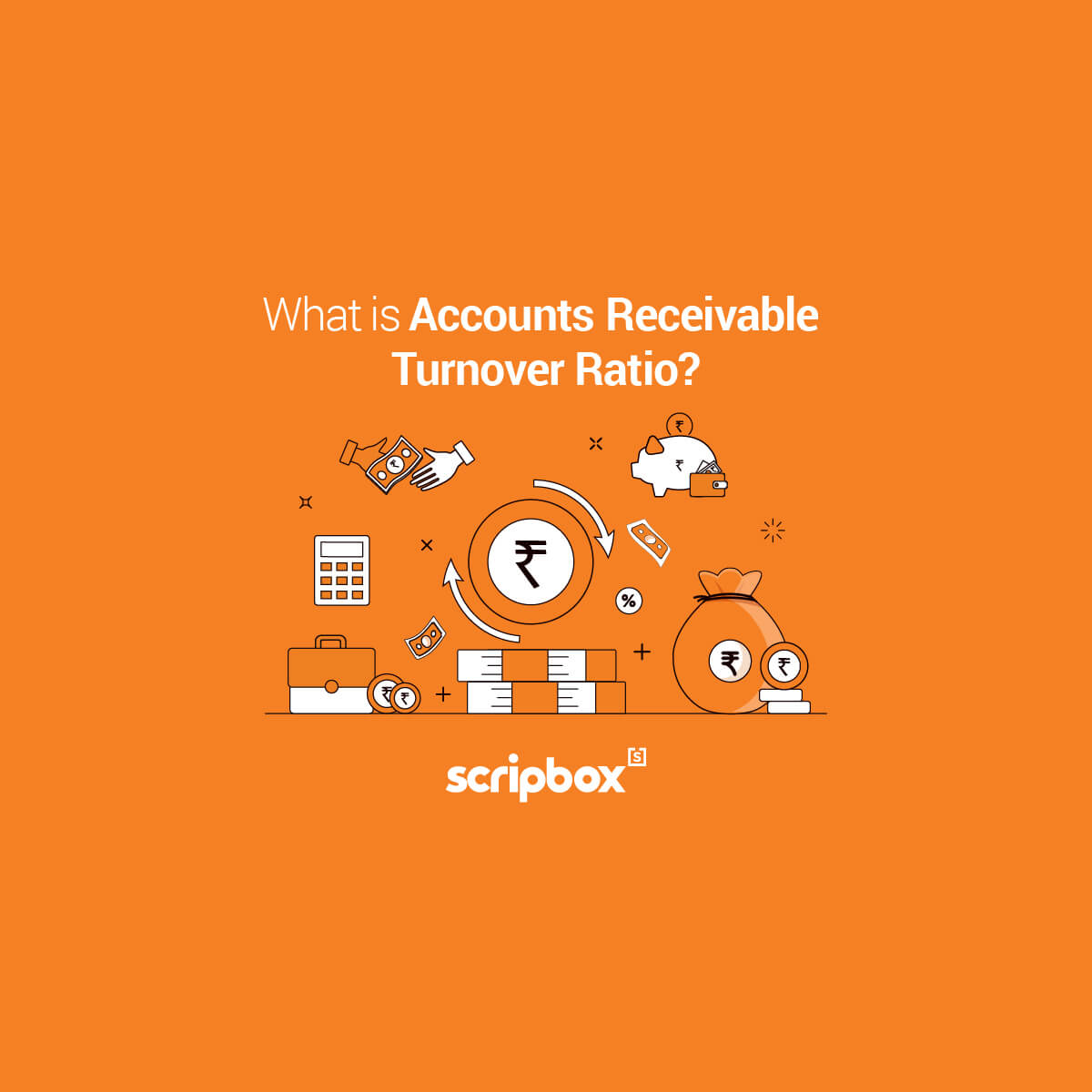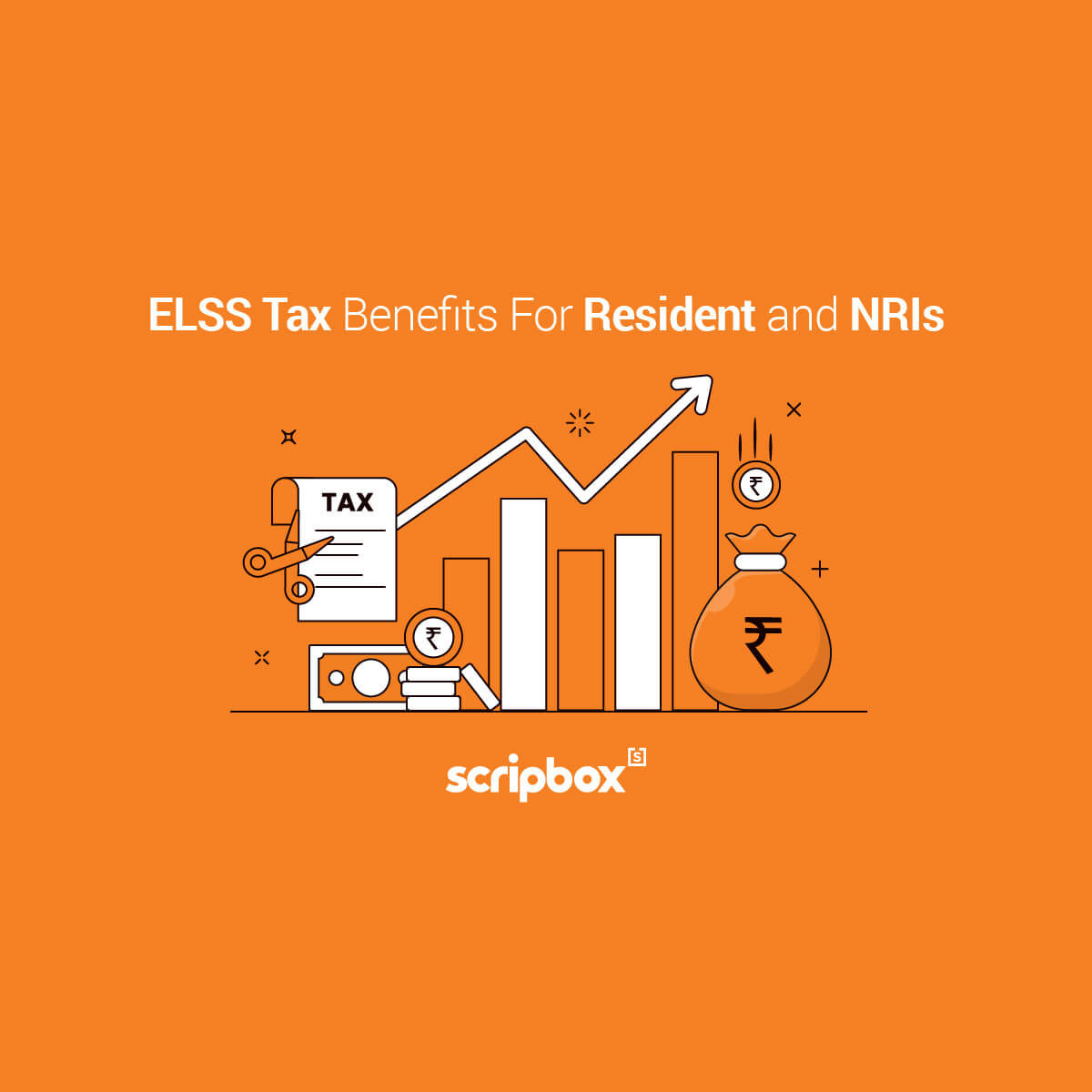
Accounts Receivable Turnover Ratio
What is Accounts Receivable Turnover Ratio? The accounts receivables turnover ratio refers to an accounting ratio that measures how well a company collects its accounts receivable. This ratio assesses how well a company manages and uses the credit it gives...

Passive Vs Active Mutual Funds
Mutual fund investments have become quite popular in India. As an investor, while investing in mutual funds, it is essential to understand their portfolios and how they are managed. Portfolio management means how the fund manager buys and sells underlying assets...

Equity Funds vs Debt Funds
Mutual funds offer a wide range of investment solutions to meet the different investment needs of individuals. Also, there are different mutual funds that may be suitable for individuals with varying risk appetites. As an investor, you may have different...

Multi Cap vs Focused Equity Funds
There are different types of equity funds that are categorised based on their investment strategy and also underlying portfolio composition. Some are based on market capitalisation, some have a sectoral theme, and some have a different investment strategy. In this...

ELSS tax benefits are available for both Indian residents and NRIs
This article was first published on livemint. Are there any tax-saving advantages in NRI mutual funds? Equity-linked saving schemes (ELSS) allow tax saving under Section 80C of the Indian Income Tax Act. An investment of up to ₹1.50 lakh in ELSS...
Practical Insights For Wealth Creation
Our weekly finance newsletter with insights you can use
Your privacy is important to us

Axis Long Duration Fund NFO Review
Axis Mutual Fund is launching a new long-duration debt fund, Axis Long Duration Fund, that invests across securities such that the portfolio Macaulay duration is greater than 7 years.The New Fund Offer (NFO) period for the Axis Long Duration Fund...

Ex Dividend Date
What is Ex Dividend Date? A dividend is a portion of the company’s profit distributed among the shareholders. A company can pay dividends in the form of cash or stock. There are four dates associated while declaring the interim or...

Rupee Cost Averaging
What is Rupee Cost Averaging? Rupee cost averaging is a strategy where you aim to reduce your average investment cost by investing regularly in the market. It follows the same principle as buy low and sell high, but slightly different....








